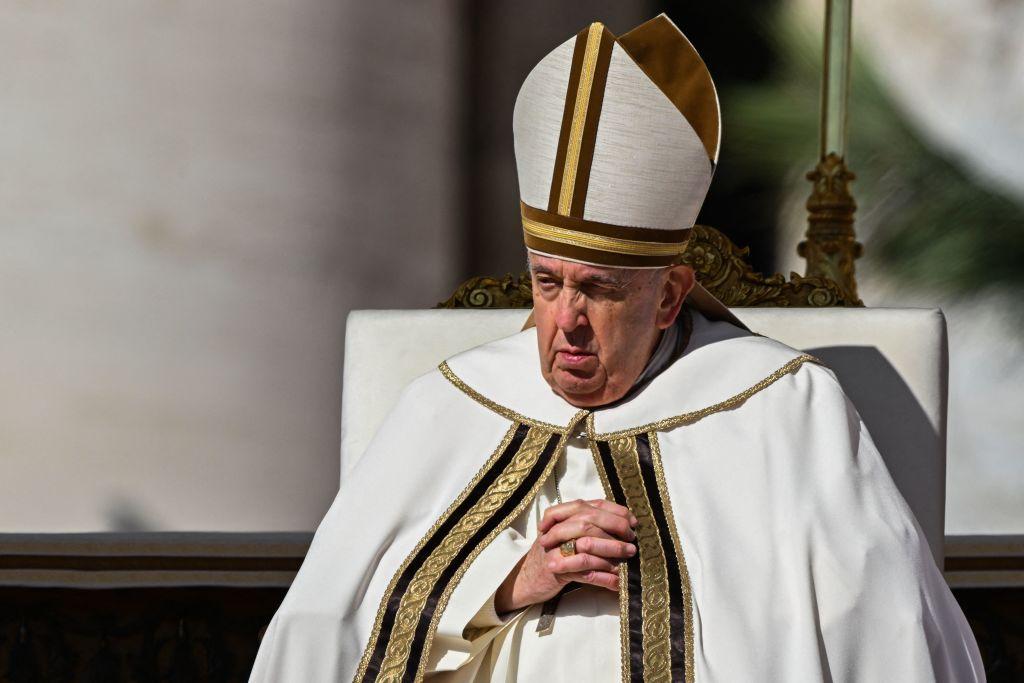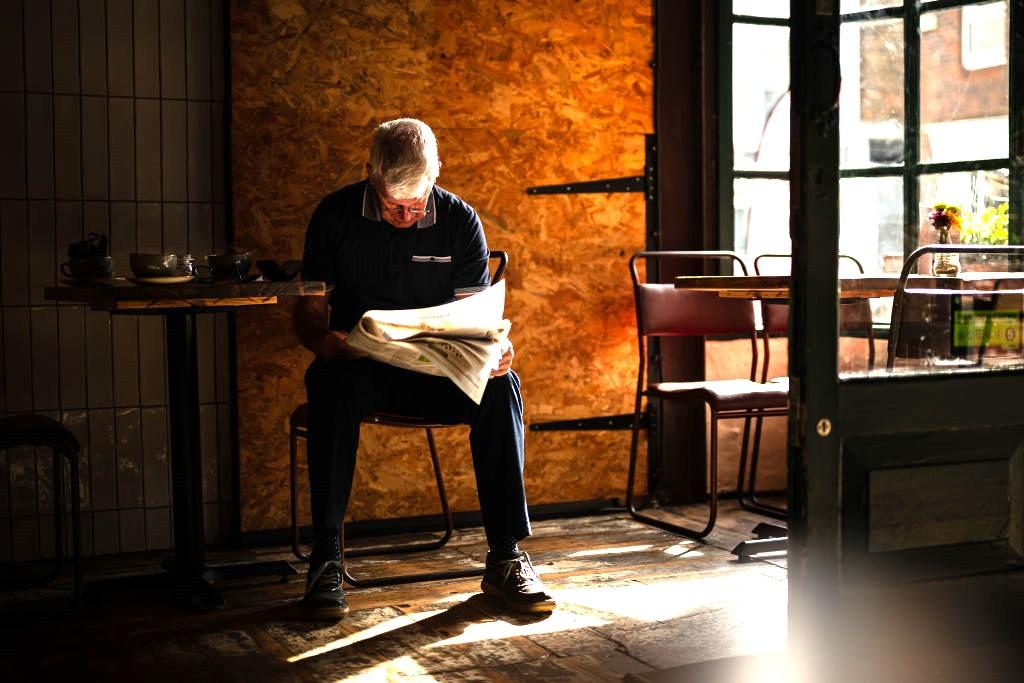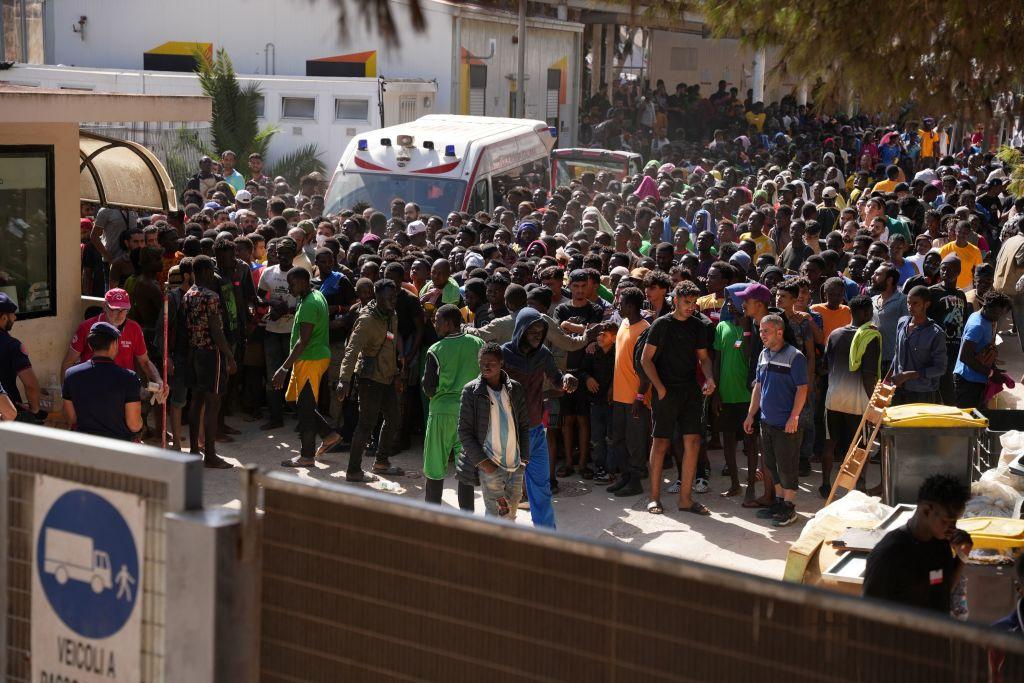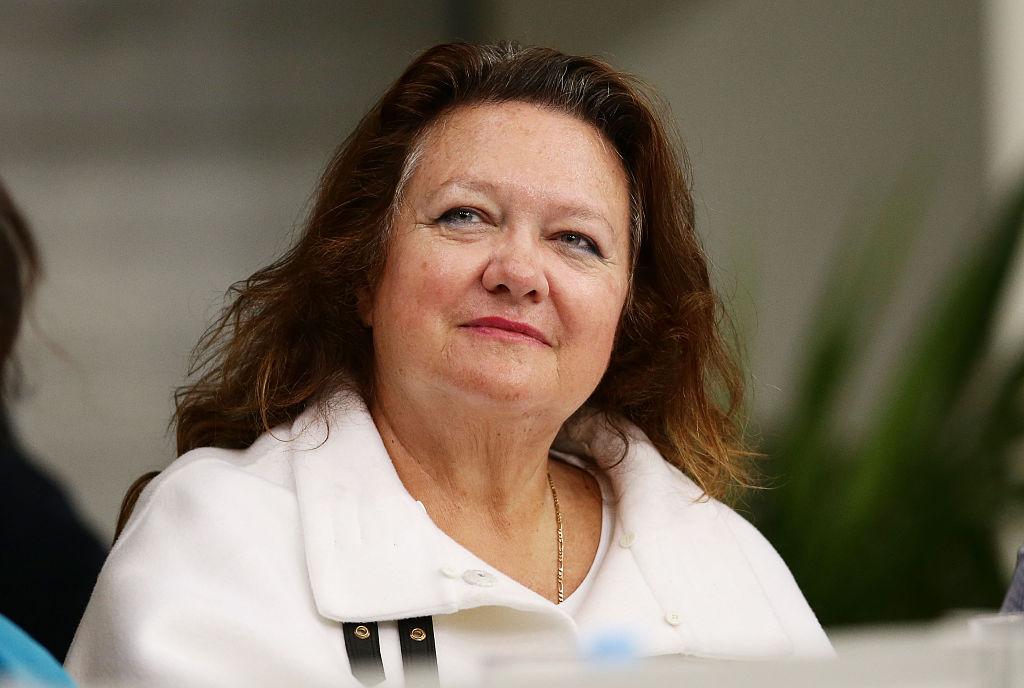As readers of this esteemed publication would be aware, in 2018, the Vatican signed a provisional agreement with the Chinese Communist Party (CCP) on the appointment of Catholic bishops. In doing so, the Vatican recognised the Chinese “Patriotic Church,” set up and controlled by the CCP.
The 1950 Guangyuan Manifesto establishing this state-run church proclaimed that they were determined to “sever all relations with imperialism,” make comprehensive reform, and establish a new independent Church.
Since that time, the Vatican has sought to support the “Underground Church” as much as it could while seeking a way to unite all Catholics in the country without, however, recognising the “Patriotic Church.”
This has done nothing to improve religious freedom. On the contrary, it demonstrates a naiveté about the CCP.
In 2018, the previous regulatory body for religion, the State Administration for Religious Affairs, was incorporated into the United Front Work Department, a central instrument of CCP influence and propaganda.
Turning a Blind Eye to the Chinese People
When scandalously renewing the agreement in 2020, the Vatican Secretary of State Cardinal Pietro Parolin said the pact was “only a starting point” for better relations between the two.When the former Bishop of Hong Kong, Cardinal Joseph Zen, flew to Rome to discuss the issue with the Vatican, Pope Francis refused to meet with him.
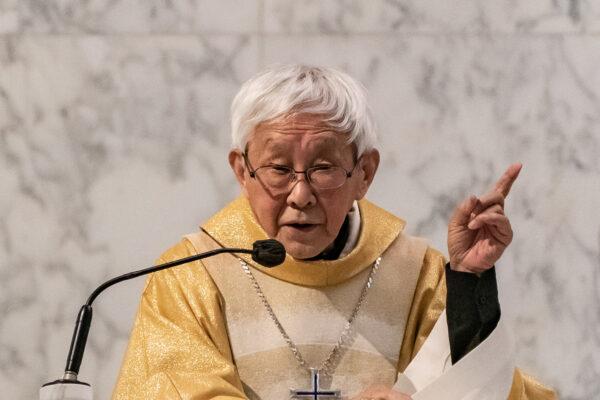
Others, including many Catholic legislators and public officials from around the world, have sought to engage Pope Francis about the grave situation for believers in China, but he has refused the requests.
Pope Francis also refuses to speak out against the persecution of the Uyghurs, which includes forcing their women to have abortions.
Indeed, the late Cardinal George Pell, in the “Demos” document attributed to him, stated that under the 2018 secret Vatican-China pact, there had been “no public support for the loyal Catholics in China who have been intermittently persecuted for their loyalty to the Papacy for more than 70 years.”
It is no wonder that the Vatican had little to say about the prosecution of Cardinal Zen by the CCP in Hong Kong. Zen and five others were found guilty of failing to properly register a Humanitarian Relief Fund, which helped pay medical and legal fees for arrested protesters beginning in 2019.
They were fined but are also being investigated under the vague Beijing-imposed National Security Laws.
The most that the Vatican could say about the situation was “the Holy See has learned with concern the news of Cardinal Zen’s arrest and is following the development of the situation with extreme attention.”
CCP Pays No Heed to Pact
While the Vatican-CCP pact remains secret, it has been possible to ascertain that, according to its terms, the Vatican is to be included in the decision-making process in the appointment of bishops, with the final OK by the Pope.Well, as critics of the agreement have warned, the CCP would have no compunction in breaking the agreement and have now done so, not once, but twice.
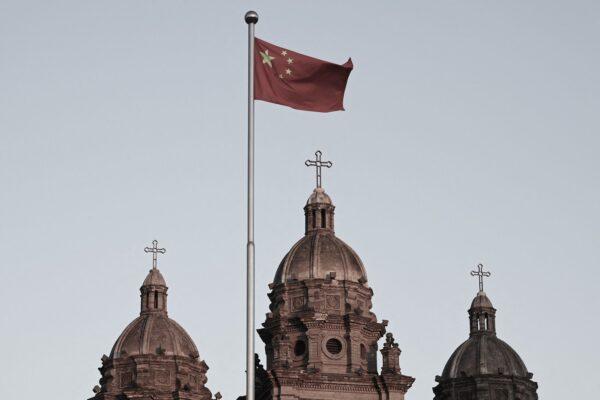
The first episode occurred in November last year. The CCP transferred a bishop from one diocese to another, where he was installed as an auxiliary—assistant—bishop, in violation of the secret agreement between the Holy See and China.
“It was with surprise and regret that the Holy See learned of the news of the ‘installation ceremony’ that took place on Nov. 24 in Nanchang of H.E. Bishop Giovanni Peng Weizhao, Bishop of Yujiang (Jiangxi Province), as ‘Auxiliary Bishop of Jiangxi,’ a diocese not recognised by the Holy See. Such an event, in fact, has not taken place in conformity with the spirit of dialogue that exists between the Vatican parties and the Chinese parties and what has been stipulated in the Provisional Agreement on the Appointment of Bishops of Sept. 22, 2018.”
The statement also claimed that the installation of the bishop “was preceded, according to reports received, by prolonged and intense pressure by the local Authorities,” that is, by the CCP.
Indeed, Peng is recorded as stating at the time that he would “actively guide Catholicism so it would adapt to the socialist society.”
The CCP decided it would move Bishop Joseph Sen Bin from the Diocese of Haiman to that of Shanghai. The Vatican found out about this move via the media.
Shen Bin, who is a member of the “Patriotic Church,” lauded the 2018 pact at the time of its conclusion, stating it constituted a “bridge over a wall that had been built up over 70 years” and that “it was as a result of great effort at dialogue from both sides.”
Obviously, with his appointment, one side decided it no longer needed to engage in dialogue.
There is now no question that the Church in China is caged up. The only issue is how big is the enclosure, thus casting an even darker shadow over the catastrophic papacy of Jorge Bergoglio.
